We may not have the course you’re looking for. If you enquire or give us a call on + 1-866 272 8822 and speak to our training experts, we may still be able to help with your training requirements.
Training Outcomes Within Your Budget!
We ensure quality, budget-alignment, and timely delivery by our expert instructors.
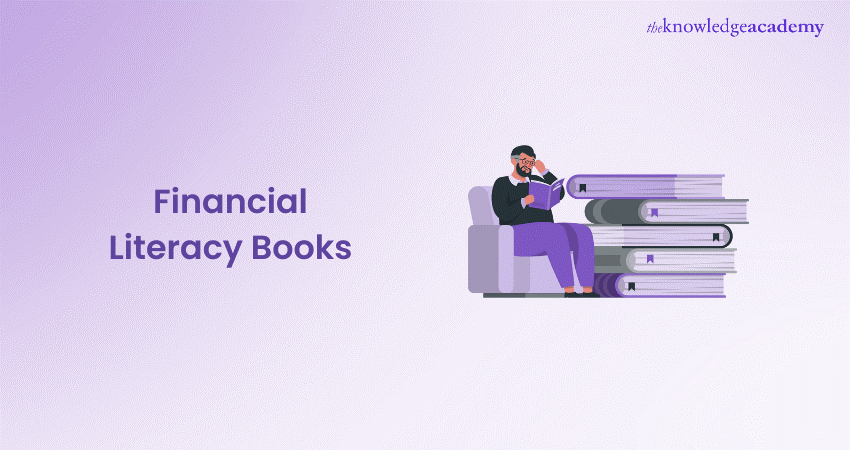
Understanding financial literacy goes beyond just crunching numbers—it’s about making informed decisions that can shape your future. In a world where money is central to our lives, mastering the art of managing it effectively is crucial. Whether you’re aiming to pay off debt, save for your dream home, or build wealth for retirement, enhancing your financial knowledge with the right books is the first step towards taking control of your financial destiny.
From timeless classics to modern bestsellers, Financial Literacy Books offer a treasure trove of knowledge packed with practical advice and strategies that can transform your approach to money. This blog lists 15 must-read books, from classics to bestsellers, offering practical advice and strategies for money management and investing. Each book provides unique insights into finance and developing a mindset for long-term success.
Table of Contents
1) Must-Read Financial Literacy Books for Every Adult
a) Story of Money
b) Psychology of Money
c) Rich Dad, Poor Dad
d) Think and Grow Rich
e) Liability Insurance
f) The Simplest Path to Wealth
g) From The Rat Race to Financial Freedom
h) The Richest Engineer
i) The Millionaire Next Door
j) Stop Acting Rich
2) Conclusion
Must-Read Financial Literacy Books for Every Adult
Financial Literacy is that knowledge that equips you to make perfect decisions regarding budgeting, investments, savings, and debt management. You might be either a beginner on your financial journey or an experienced saver; still, it's worth knowing.
Here are 15 excellent, truly must-read books about Financial Literacy, which you can expect to enhance your control over Money Management or set you on the path toward financial success:
1) The Story of Money
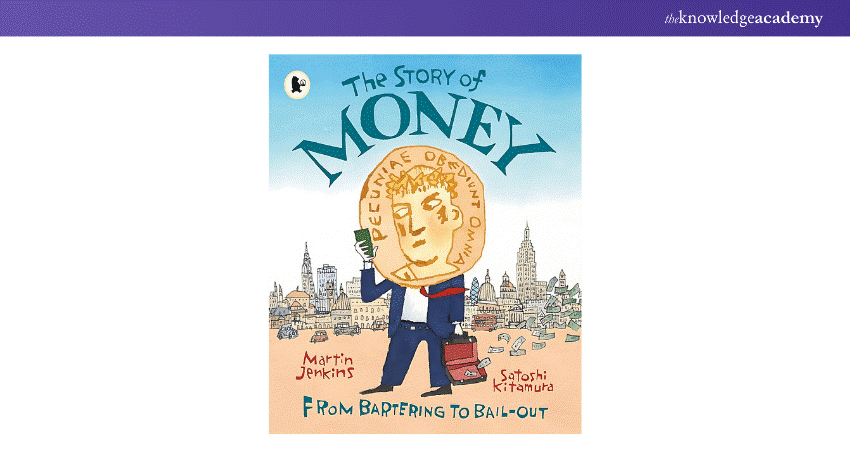
Let's get started with a foundational read, The Story of Money by Martin Jenkins. This book takes you on an interesting journey through the history of currency-from bartering and the invention of coins to the complex financial systems we have today.
Understanding the evolution of money helps us appreciate its value and how our perception of it may shape personal finance. It is a wonderful read for any individual interested in Financial Literacy, as it lays the basics in an engaging and informative approach.
2) The Psychology of Money
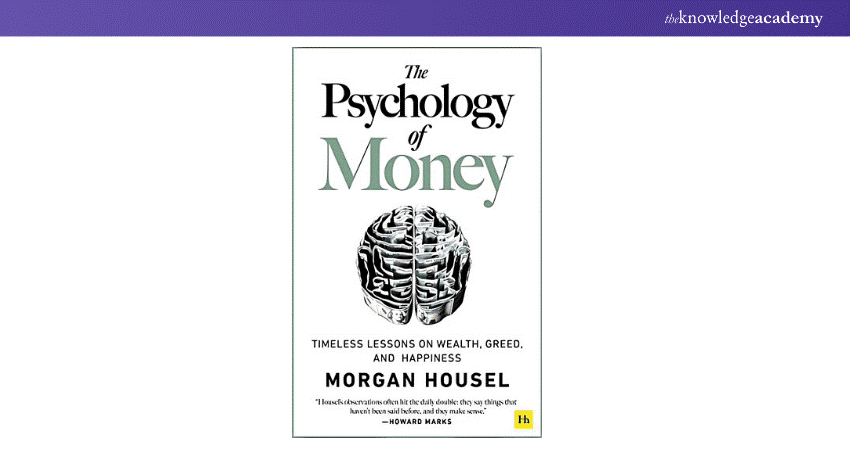
The Psychology of Money, by Morgan Housel. This book brings a refreshing approach to talking about wealth: not how one is able to make money technically but how one can execute decisions with human emotions and behaviour and psychology involved.
Accompanied by insightful anecdotes and timeless lessons, it reveals what we think of money, long-term planning, and the possible threat of judgments based on snap. It's an eye-opener that rebuilds the way you view wealth and success.
3) Rich Dad Poor Dad
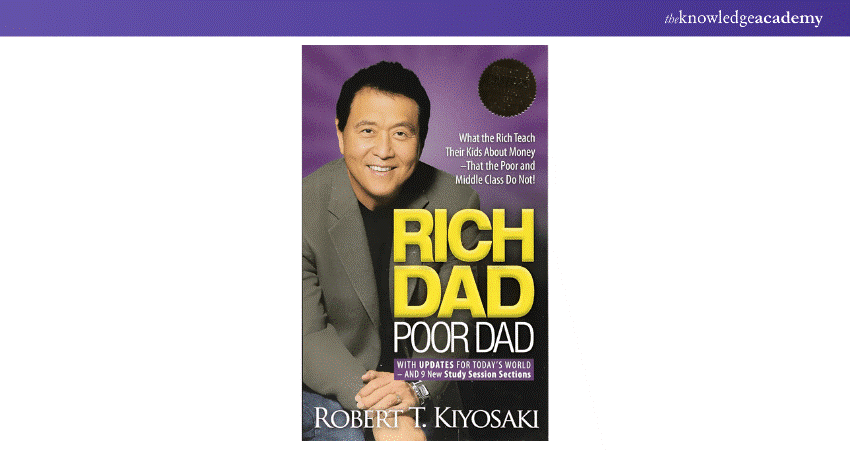
No discussion of personal finance would be complete without the detailing of Robert Kiyosaki's book, Rich Dad, Poor Dad. Using two dads- one rich and one poor- to illustrate his points, Kiyosaki breaks down several financial concepts that are a must-read for anyone thinking of investing, saving, and managing assets and liabilities.
The book questions and obliterates common myths people live by in building wealth and insists on financial freedom through investment and entrepreneurship.
4) Think and Grow Rich
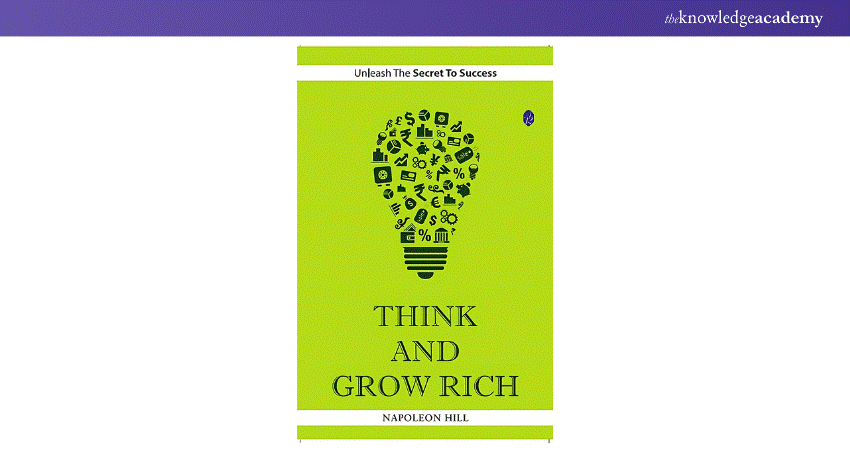
In the centre of the financial and personal development literature sits Napoleon Hill's timeless Think and Grow Rich. Based on stories of individuals such as Thomas Edison and Henry Ford, Hill details 13 principles for success in both financial and personal life.
From mindset and positive thinking to planning, perseverance, and goal setting to achieve clear financial aspirations, the approaches span from abstract to practical.
5) The Law of Liability Insurance
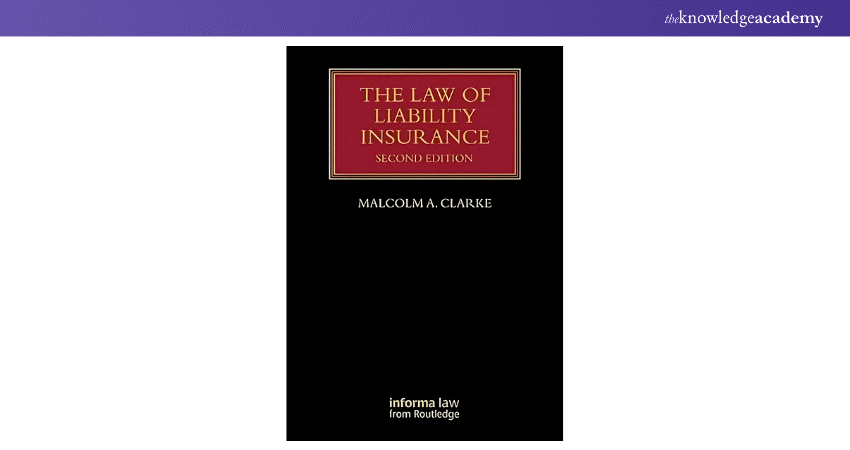
The Law of Liability Insurance is by no means a rip-roaring subject, but it's pretty darn important to your financial safety. Knowing that getting the right insurance involved in your financial plan is truly important, that's why Liability Insurance makes this list.
The book explains the different kinds of liability insurance available and how they protect your assets from unforeseen events. Whether it's for your home, business, or personal protection, the book emphasises why insurance should form part of a financial plan.
6) The Simple Path to Wealth
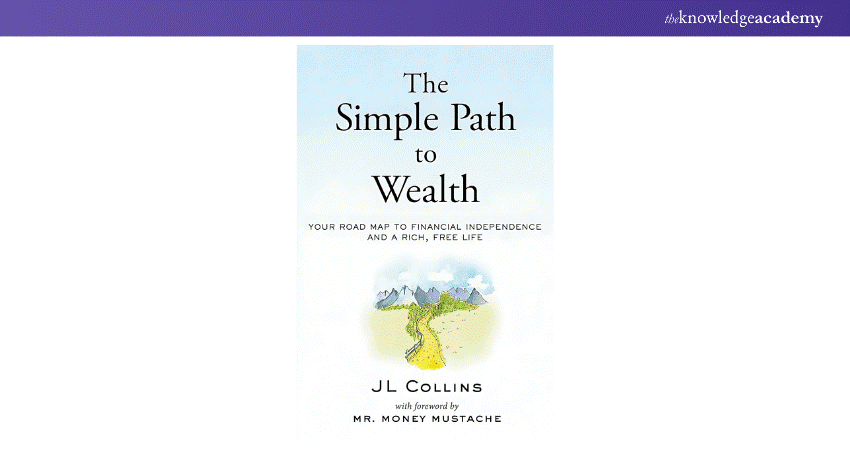
To the reader who wants to know The Simple Path to Wealth, JL Collins is often recommended for his no-nonsense approach to finance. The author brings before the reader an easy way to build wealth through living below one's means, investing in low-cost index funds, and avoiding debt, among other examples.
Reading that is pertinent, engaging, and lucid makes complicated concepts understandable for readers at all levels. And if you want to know how to distil wealth building into actionable steps, this is it.
7) From The Rat Race to Financial Freedom
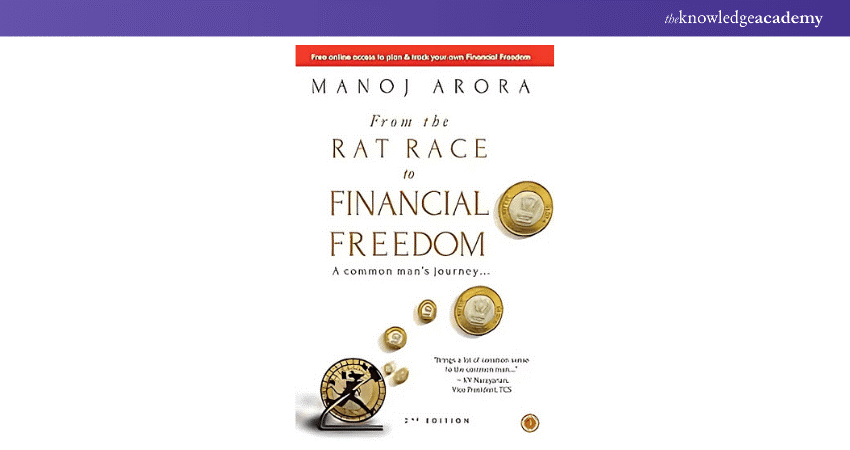
In case you've ever thought of being in a trap of 9-to-5, then From The Rat Race to Financial Freedom by Manoj Arora is a must-read. The book clarifies the ways to attain financial freedom by handing over multiple streams of income, saving, and investing the right way.
So, the author takes personal finance through motivational storytelling to give you the tools needed to break free from financial restrictions, along with inspiration.
8) The Richest Engineer
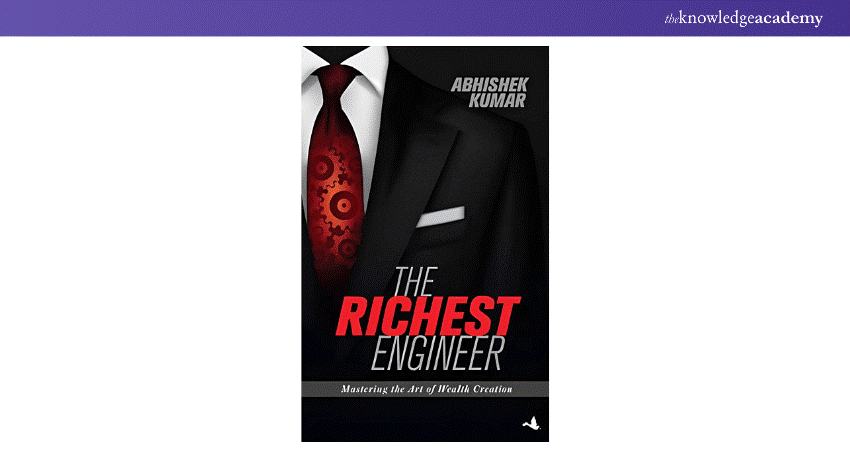
The Richest Engineer by Kumar may be directed at engineers, but the financial advice within is for all readers. The book is a wonderful example of storytelling that has solid financial advice, providing a comprehensive guide to building wealth.
It makes matters of mutual funds, retirement planning, and taxation easy and spells out other knotty issues related to finance, and what's more, it also contributes positively to anyone seeking to better his financial situation. It's an easy and interesting read as it would be for anyone who doesn't have a background in finance.
Make smart money moves! Join our Personal Finance Course and transform your financial life – Register now
9) The Millionaire Next Door
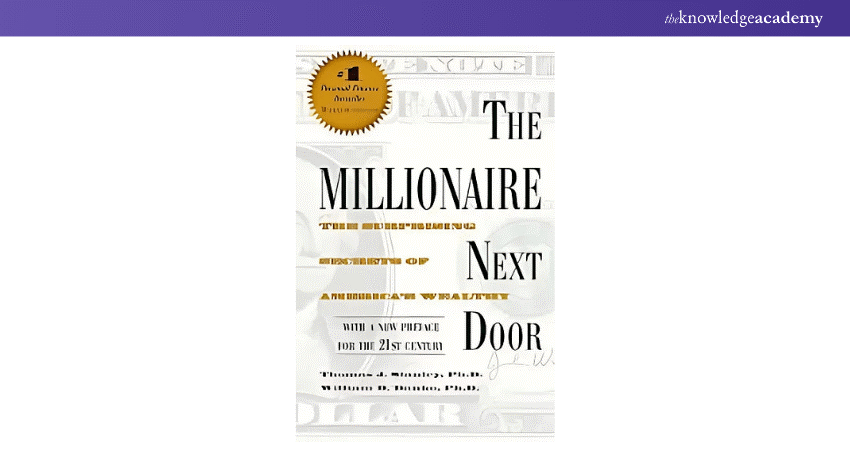
The Millionaire Next Door by Thomas J. Stanley and William D. Danko shatters many of the myths we have about wealth. This book does research on the actual millionaire next door, and thus informs readers that many rich people live plainly, invest prudently, and cherish independence more highly than any flashy lifestyle.
It's a good reminder that good decisions coupled with discipline build wealth, not an extravagant lifestyle.
10) Stop Acting Rich
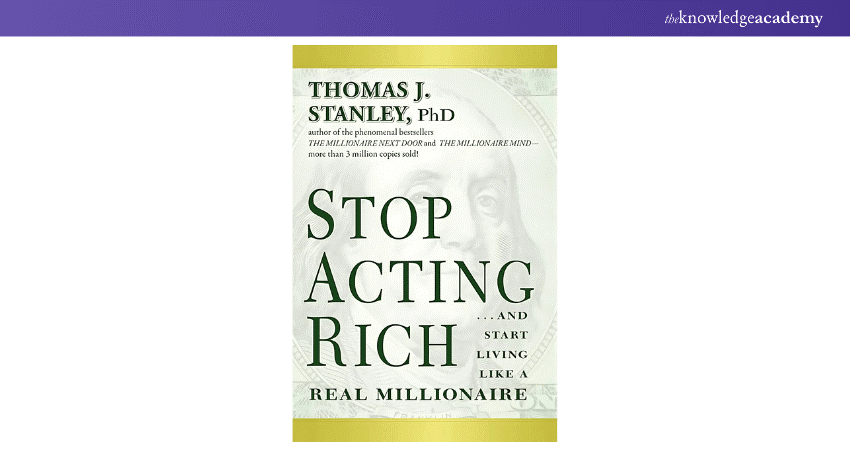
In the same way, Stop Acting Rich by Stanley is an eye-opener to those who think wealth can be compared with expensive purchases. In so many ways, this book opens up habits of more replete people while showing that basically, it is the features of true abundance that count more than the ones of some appearances.
For instance, Stanley shows that people who enact richness by spending money on stuffy things become financially insecure. This book helps readers prefer the reality of financial stability over the facade of being wealthy.
11) The Richest Man in Babylon
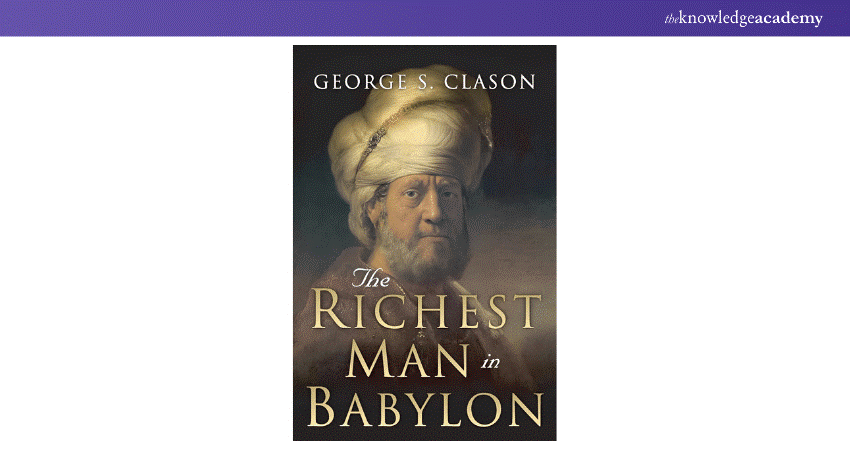
The Richest Man in Babylon is a timeless classic by George S. Clason that teaches financial wisdom through ancient parables set in Babylon. The olden-day Babylon setting of the book is a storyline such that each anecdote is advice on saving, investing, and managing one's money.
The book ages back, but principles remain the same today as when it first came into print. To become one of the readers wanting to read about basics in personal finance in a story-telling approach, then it is a must-read.
12) The Intelligent Investor
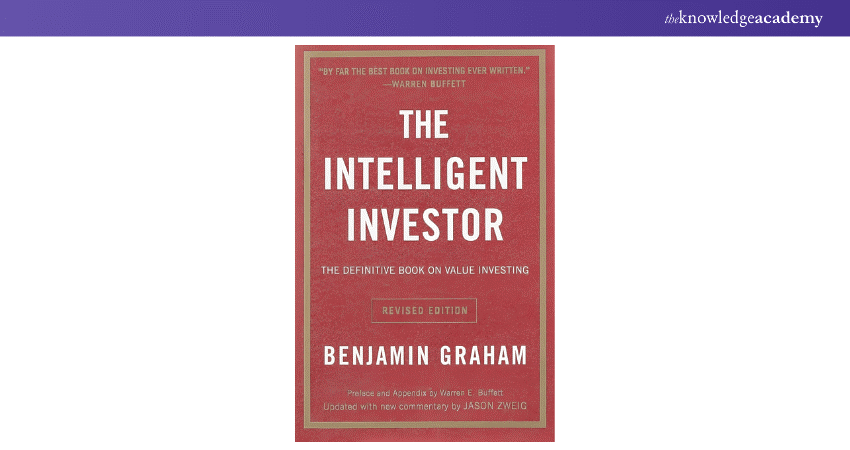
Benjamin Graham’s The Intelligent Investor is often referred to as the Bible of investing. This book is less about personal finance and more about smart investing, offering timeless advice on how to approach the stock market, manage risk, and think long-term.
If you’re serious about building your investment knowledge, Graham’s insights will be invaluable. His emphasis on value investing and sound financial judgement makes this book a must-read for anyone interested in growing their wealth.
13) The Little Book of Common Sense Investing
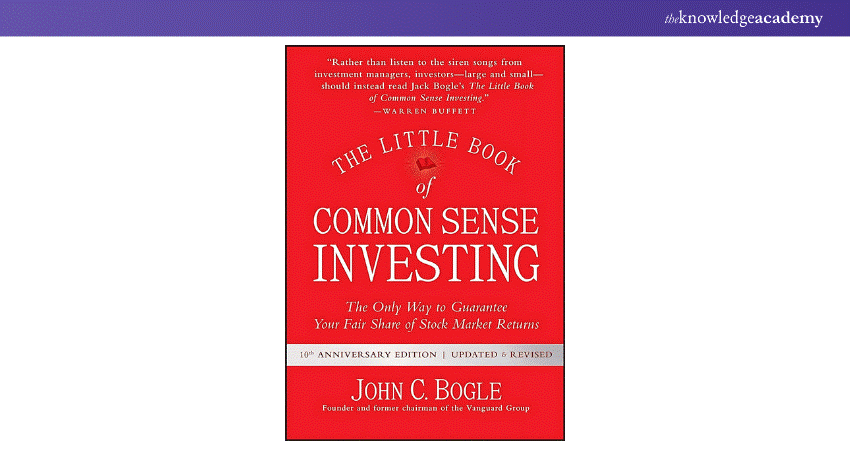
Written by John C. Bogle, the founder of Vanguard, The Little Book of Common Sense Investing is a practical guide to investing in index funds. Bogle's message is clear: by investing in low-cost index funds, you can grow your wealth steadily over time without needing to take excessive risks.
His straightforward advice makes this book ideal for beginners and experienced investors alike, particularly those who want to avoid the complexities of stock picking.
14) Thinking, Fast and Slow
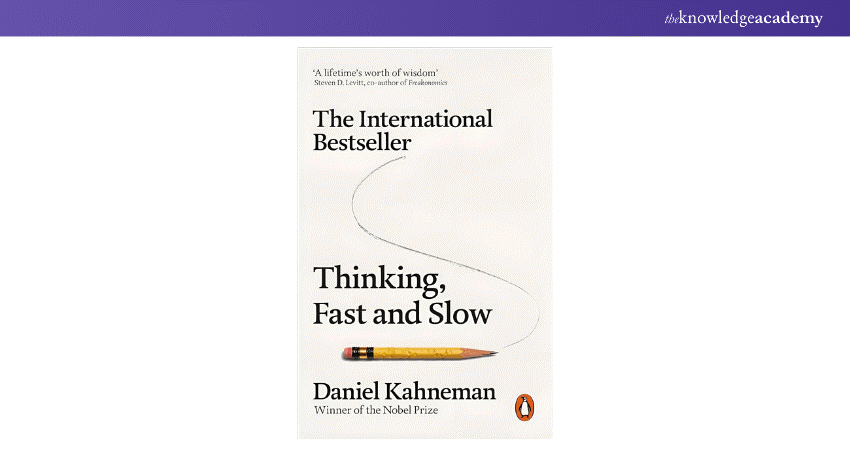
Although not strictly a financial book, Thinking, Fast and Slow by Daniel Kahneman is a crucial read for understanding the psychological factors that drive financial decisions.
Kahneman describes two systems of thinking that drive spending and investing: fast versus slow and instinctive versus slow and deliberative. Know your cognitive biases to become more rational with the choices you make about your money.
15) A Random Walk Down Wall Street
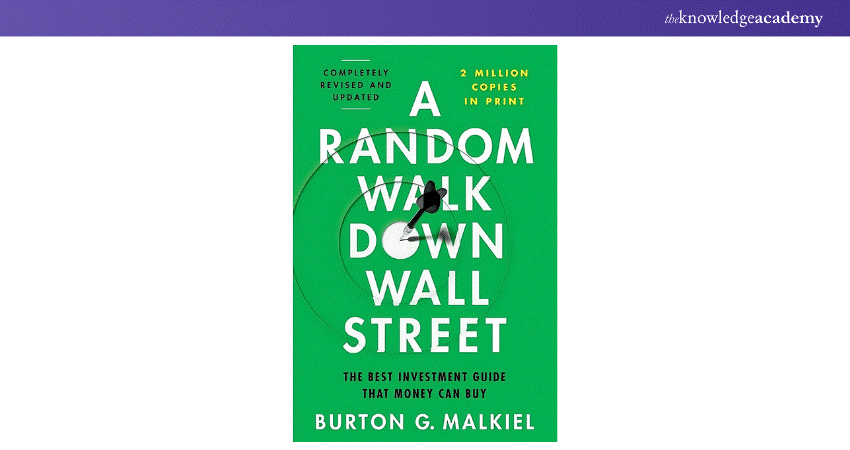
Lastly, we have Burton G. Malkiel’s A Random Walk Down Wall Street. This book is a comprehensive guide to investing, covering everything from stock market theory to practical investment strategies.
Malkiel advocates for a diversified, long-term approach to investing, emphasising the importance of low-cost index funds. His insights have stood the test of time, making this a must-read for anyone serious about mastering the stock market.
Master the fundamentals of finance! Join our Financial Accounting Course and take control of your career today
Conclusion
Building a strong foundation in financial literacy can change your life, empowering you to make confident decisions, secure your future, and achieve your financial goals. So, whether you’re looking to get out of debt, build your wealth, or simply understand your finances better, these books are the perfect companions for every step of your journey.
Elevate your finance game! Register now in our Financial Management Course and turn complex numbers into powerful decisions.
Frequently Asked Questions

The "pay yourself first" rule is often considered one of the best in finance. It suggests setting aside savings for future goals or emergencies before spending on anything else, ensuring you build financial security and discipline.

Accounting has three main books of accounts that include: the Trial Balance, used to be applied to ensure all ledger entries balance before financial statements are prepared.

The Knowledge Academy takes global learning to new heights, offering over 30,000 online courses across 490+ locations in 220 countries. This expansive reach ensures accessibility and convenience for learners worldwide.
Alongside our diverse Online Course Catalogue, encompassing 19 major categories, we go the extra mile by providing a plethora of free educational Online Resources like News updates, Blogs, videos, webinars, and interview questions. Tailoring learning experiences further, professionals can maximise value with customisable Course Bundles of TKA.

The Knowledge Academy’s Knowledge Pass, a prepaid voucher, adds another layer of flexibility, allowing course bookings over a 12-month period. Join us on a journey where education knows no bounds.

The Knowledge Academy offers various Finance Courses, including the Financial Management Course and the Financial Modelling Course. These courses cater to different skill levels, providing comprehensive insights into Financial Modelling.
Our Accounting and Finance Blogs cover a range of topics related to Financial Management, offering valuable resources, best practices, and industry insights. Whether you are a beginner or looking to advance your financial skills, The Knowledge Academy's diverse courses and informative blogs have got you covered.
Upcoming Accounting and Finance Resources Batches & Dates
Date
 Personal Finance Course
Personal Finance Course
Fri 10th Jan 2025
Fri 14th Feb 2025
Fri 11th Apr 2025
Fri 23rd May 2025
Fri 8th Aug 2025
Fri 26th Sep 2025
Fri 21st Nov 2025







 Top Rated Course
Top Rated Course



 If you wish to make any changes to your course, please
If you wish to make any changes to your course, please


